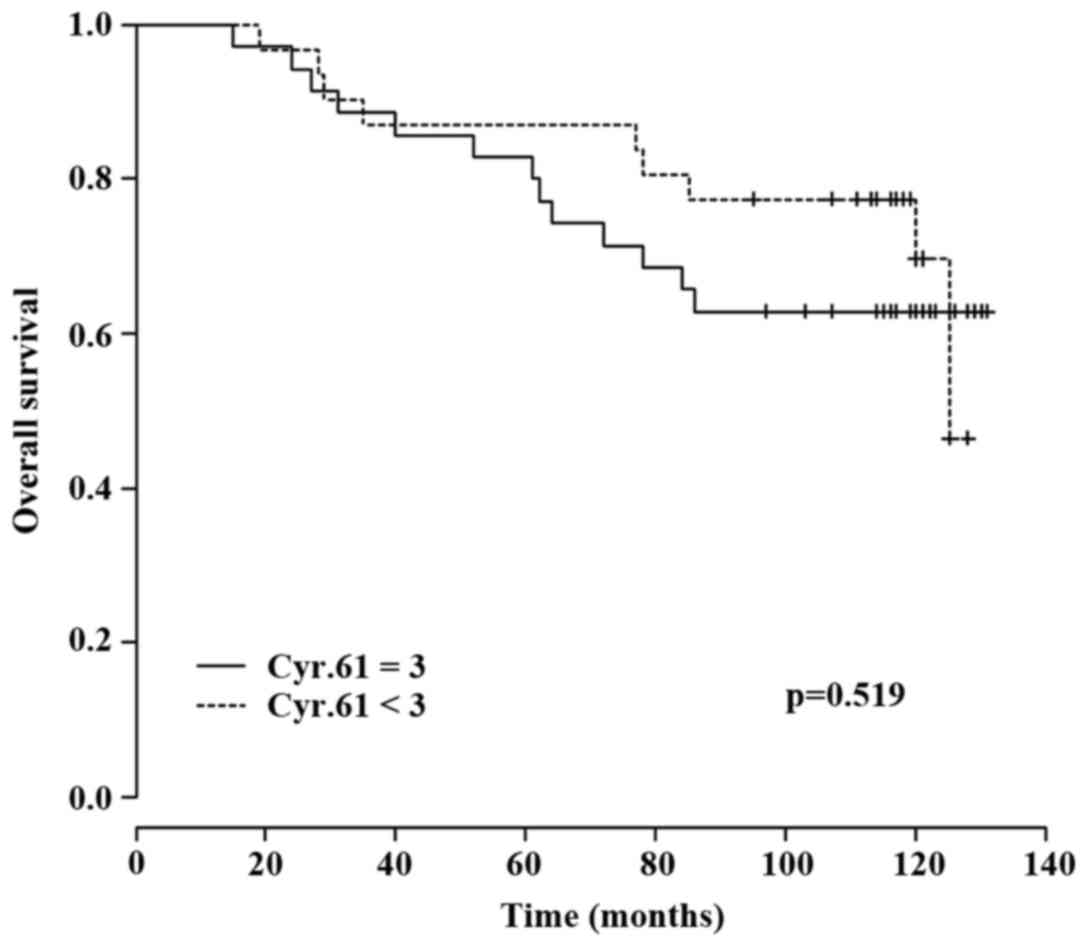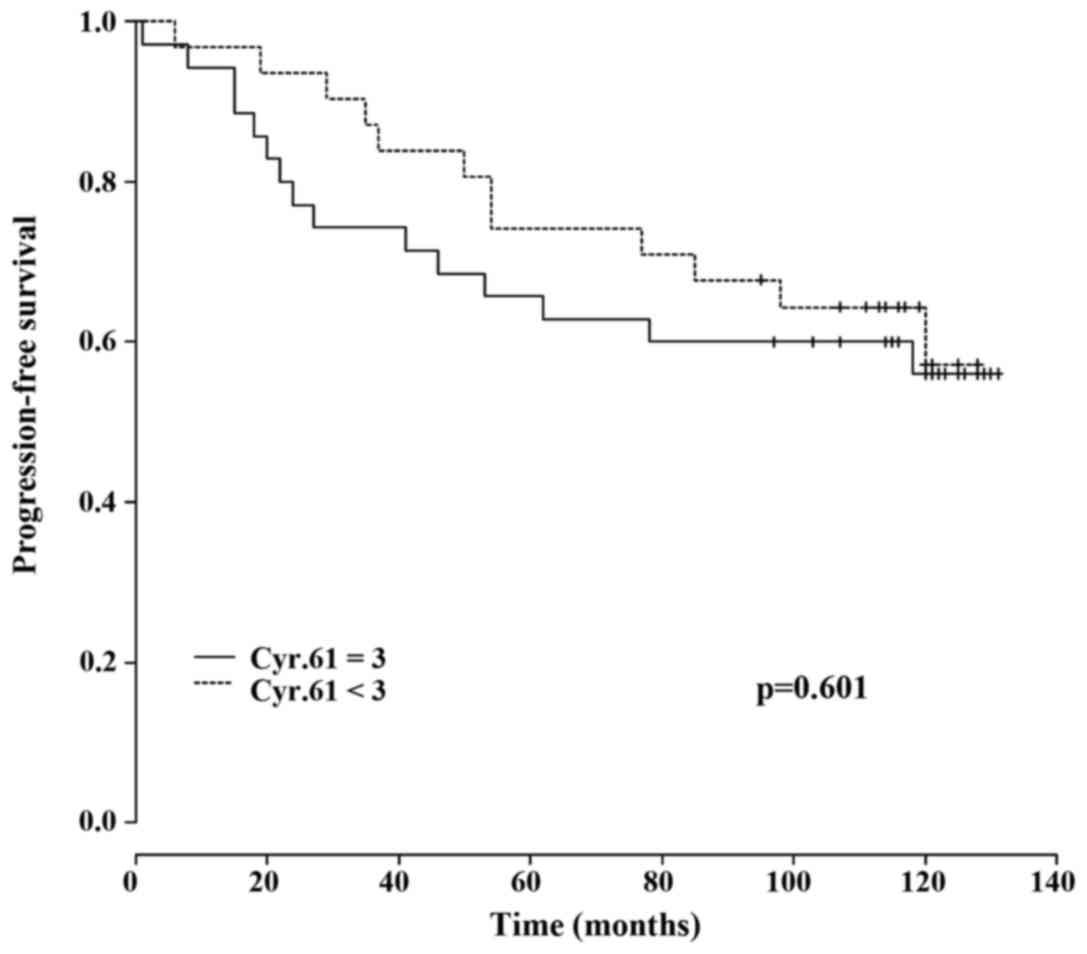|
1
|
Johnston SR and Dowsett M: Aromatase
inhibitors for breast cancer: Lessons from the laboratory. Nat Rev
Cancer. 3:821–831. 2003. View
Article : Google Scholar : PubMed/NCBI
|
|
2
|
Massarweh S and Schiff R: Resistance to
endocrine therapy in breast cancer: Exploiting estrogen
receptor/growth factor signaling crosstalk. Endocr Relat Cancer. 13
Suppl 1:S15–S24. 2006. View Article : Google Scholar : PubMed/NCBI
|
|
3
|
Early Breast Cancer Trialists'
Collaborative Group (EBCTCG), ; Davies C, Godwin J, Gray R, Clarke
M, Cutter D, Darby S, McGale P, Pan HC, Taylor C, et al: Relevance
of breast cancer hormone receptors and other factors to the
efficacy of adjuvant tamoxifen: Patient-level meta-analysis of
randomised trials. Lancet. 378:771–784. 2011. View Article : Google Scholar : PubMed/NCBI
|
|
4
|
García-Becerra R, Santos N, Díaz L and
Camacho J: Mechanisms of resistance to endocrine therapy in breast
cancer: Focus on signaling pathways, miRNAs and genetically based
resistance. Int J Mol Sci. 14:108–145. 2012. View Article : Google Scholar : PubMed/NCBI
|
|
5
|
Rugo HS, Vidula N and Ma C: Improving
response to hormone therapy in breast cancer: New targets, new
therapeutic options. Am Soc Clin Oncol Educ Book. 35:e40–e54. 2016.
View Article : Google Scholar : PubMed/NCBI
|
|
6
|
Lau LF: CCN1/CYR61: The very model of a
modern matricellular protein. Cell Mol Life Sci. 68:3149–3163.
2011. View Article : Google Scholar : PubMed/NCBI
|
|
7
|
Chen Y and Du XY: Functional properties
and intracellular signaling of CCN1/Cyr61. J Cell Biochem.
100:1337–1345. 2007. View Article : Google Scholar : PubMed/NCBI
|
|
8
|
Katsube K, Sakamoto K, Tamamura Y and
Yamaguchi A: Role of CCN, a vertebrate specific gene family, in
development. Dev Growth Differ. 51:55–67. 2009. View Article : Google Scholar : PubMed/NCBI
|
|
9
|
Leask A and Abraham DJ: All in the CCN
family: Essential matricellular signaling modulators emerge from
the bunker. J Cell Sci. 119:4803–4810. 2006. View Article : Google Scholar : PubMed/NCBI
|
|
10
|
Lau LF and Lam SC: The CCN family of
angiogenic regulators: The integrin connection. Exp Cell Res.
248:44–57. 1999. View Article : Google Scholar : PubMed/NCBI
|
|
11
|
Emre Y and Imhof BA: Matricellular protein
CCN1/CYR61: A new player in inflammation and leukocyte trafficking.
Semin Immunopathol. 36:253–259. 2014. View Article : Google Scholar : PubMed/NCBI
|
|
12
|
Weiskirchen R and Tacke F: Liver Fibrosis:
From pathogenesis to novel therapies. Dig Dis. 34:410–422. 2016.
View Article : Google Scholar : PubMed/NCBI
|
|
13
|
Xu T, He YH, Wang MQ, Yao HW, Ni MM, Zhang
L, Meng XM, Huang C, Ge YX and Li J: Therapeutic potential of
cysteine-rich protein 61 in rheumatoid arthritis. Gene.
592:179–185. 2016. View Article : Google Scholar : PubMed/NCBI
|
|
14
|
Li J, Ye L, Owen S, Weeks HP, Zhang Z and
Jiang WG: Emerging role of CCN family proteins in tumorigenesis and
cancer metastasis (Review). Int J Mol Med. 36:1451–1463.
2015.PubMed/NCBI
|
|
15
|
Yeger H and Perbal B: CCN family of
proteins: Critical modulators of the tumor cell microenvironment. J
Cell Commun Signal. 10:229–240. 2016. View Article : Google Scholar : PubMed/NCBI
|
|
16
|
Hirschfeld M, Jaeger M, Buratti E, Stuani
C, Grueneisen J, Gitsch G and Stickeler E: Expression of
tumor-promoting Cyr61 is regulated by hTRA2-β1 and acidosis. Hum
Mol Genet. 20:2356–2365. 2011. View Article : Google Scholar : PubMed/NCBI
|
|
17
|
Hirschfeld M, zur Hausen A, Bettendorf H,
Jäger M and Stickeler E: Alternative splicing of Cyr61 is regulated
by hypoxia and significantly changed in breast cancer. Cancer Res.
69:2082–2090. 2009. View Article : Google Scholar : PubMed/NCBI
|
|
18
|
Sánchez-Bailón MP, Calcabrini A,
Mayoral-Varo V, Molinari A, Wagner KU, Losada JP, Ciordia S, Albar
JP and Martín-Pérez J: Cyr61 as mediator of Src signaling in triple
negative breast cancer cells. Oncotarget. 6:13520–13538. 2015.
View Article : Google Scholar : PubMed/NCBI
|
|
19
|
Sarkissyan S, Sarkissyan M, Wu Y, Cardenas
J, Koeffler HP and Vadgama JV: IGF-1 regulates Cyr61 induced breast
cancer cell proliferation and invasion. PloS One. 9:e1035342014.
View Article : Google Scholar : PubMed/NCBI
|
|
20
|
Huber MC, Falkenberg N, Hauck SM, Priller
M, Braselmann H, Feuchtinger A, Walch A, Schmitt M and Aubele M:
Cyr61 and YB-1 are novel interacting partners of uPAR and elevate
the malignancy of triple-negative breast cancer. Oncotarget.
7:44062–44075. 2016.PubMed/NCBI
|
|
21
|
Jia X, Liu G, Cheng J, Shen Z and Shao Z:
CYR61 contributes to poor response to letrozole in ER positive
breast carcinoma. Curr Cancer Drug Targets. 2016.
|
|
22
|
Lin J, Huo R, Wang L, Zhou Z, Sun Y, Shen
B, Wang R and Li N: A novel anti-Cyr61 antibody inhibits breast
cancer growth and metastasis in vivo. Cancer Immunol Immunother.
61:677–687. 2012. View Article : Google Scholar : PubMed/NCBI
|
|
23
|
Saglam O, Dai F, Husain S, Zhan Y, Toruner
G and Haines GK III: Matricellular protein CCN1 (CYR61) expression
is associated with high-grade ductal carcinoma in situ. Hum Pathol.
45:1269–1275. 2014. View Article : Google Scholar : PubMed/NCBI
|
|
24
|
Tsai MS, Bogart DF, Castañeda JM, Li P and
Lupu R: Cyr61 promotes breast tumorigenesis and cancer progression.
Oncogene. 21:8178–8185. 2002. View Article : Google Scholar : PubMed/NCBI
|
|
25
|
The world Health Organization Histological
Typing of Breast Tumors-Second Edition. The World Organization. Am
J Clin Pathol. 78:806–816. 1982. View Article : Google Scholar : PubMed/NCBI
|
|
26
|
Harbeck N and Rody A: Diagnostik und
Therapie primärer metastasierter Mammakarzinome. http://www.ago-online.de/fileadmin/downloads/leitlinien/mamma/2017-03/AGO_deutsch/PDF_Einzeldateien_deutsch/2017D%2005_Prognostische%20und%20praediktive%20Faktoren.pdfAGO
in e.V. DGGG e.V., DKG e.V.2017.
|
|
27
|
Stoilov P, Daoud R, Nayler O and Stamm S:
Human tra2-beta1 autoregulates its protein concentration by
influencing alternative splicing of its pre-mRNA. Hum Mol Genet.
13:509–524. 2004. View Article : Google Scholar : PubMed/NCBI
|
|
28
|
Schwarz G: Estimating the dimensions of a
model. Ann Stat. 6:461–464. 1978. View Article : Google Scholar
|
|
29
|
R Core Team, . 2016, R: A language and
environment for statistical computing. R Foundation for Statistical
Computing, Vienna, Austria. https://www.R-project.org/May 25–2016
|

















